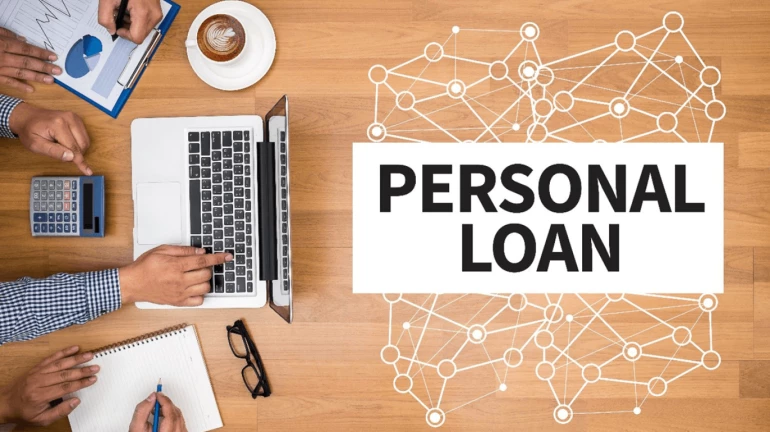
Applying for a personal loan requires a clear understanding of your eligibility. Lenders assess various criteria to determine if you qualify for a loan. Knowing your eligibility beforehand can help you avoid rejections and negotiate better terms. Here’s a guide on how to check your loan eligibility before applying for a personal loan.
Before checking your eligibility, you must understand the key factors lenders assess. These criteria vary from lender to lender but typically include:
Your CIBIL score is one of the most critical factors in determining your loan eligibility. The minimum CIBIL score for a personal loan is usually about 650. However, a higher score (750 or above) makes you a low-risk borrower, increasing your chances of approval. Here's how to check it:
If your score is low, take steps to improve it before applying for a loan.
Lenders assess your income to determine your repayment capacity. For salaried employees, this includes salary slips and bank statements. Self-employed individuals may need to provide financial statements and income tax returns (ITRs). Ensure that:
If you have variable income or are self-employed, it's essential to showcase all your revenue streams.
The Debt-to-Income (DTI) ratio represents how much of your income is used to pay debts. If your DTI is too high, lenders may view you as a risky borrower. To calculate your DTI ratio:
Lenders usually prefer a DTI ratio of 40% or less. If your DTI is high, consider repaying some debts before applying for a personal loan.
Review your existing financial obligations, such as EMIs, credit card bills, and other debts. If you have too many ongoing debts, lenders may perceive you as a high-risk borrower. Take these steps to boost your eligibility:
If you're unsure about your eligibility, contact your preferred lender directly. Banks and NBFCs often offer pre-approved loans for existing customers. You can request a pre-eligibility check with the following details:
If you are an existing customer, lenders might offer you a pre-approved loan, which requires minimal documentation.
Before submitting your personal loan application, ensure that all the required documents are complete. Missing or inaccurate documents can lead to rejection. The essential documents typically include:
Having your documents in place helps the lender process your application faster and avoids unnecessary delays.
Checking your loan eligibility before applying for a personal loan can save you time and prevent unnecessary rejections. Use eligibility calculators, review your credit score, calculate the DTI ratio, and ensure your documents are in order. If you're unsure, reach out to lenders for a pre-eligibility check. This preparation will increase your chances of approval and help you secure better loan terms.




